By Janet Samuel
Experts in Information Technology have urged the ECOWAS Parliament to establish a specialised agency dedicated to tackling the rising wave of misinformation and disinformation driven by Artificial Intelligence (AI), warning that the unchecked spread of fake news poses serious risks to governance and social cohesion in West Africa.
The call was made during the 2025 Second Parliamentary Seminar of the regional legislature in Port Harcourt, Rivers State, which focused on the theme: “Disinformation and Misinformation in the Era of AI: Challenges for Governance in the ECOWAS Region.”
Participants noted that social media platforms have increasingly become avenues for deliberate distortion of facts and manipulation of public opinion, often fueled by divisive narratives around ethnicity and religion.
Kierimagha Obomanu, Deputy Director at the Rivers State Broadcasting Corporation, stressed that the “confusion and destabilisation” caused by disinformation can lead to social unrest and threaten unity in the subregion. He proposed the creation of a strategic monitoring agency to track and counter AI-induced falsehoods.
“If the proper structures are put in place, governance will move faster and development goals will be achieved,” Obomanu said, while cautioning against overly restrictive regulations that could undermine citizens’ right to information.
Mr Christian Odo, an ICT expert, emphasised grassroots education, citing the circulation of an AI-generated fake image of Labour Party’s 2023 presidential candidate, Peter Obi, with former U.S. President Donald Trump, as an example of how malicious content can be weaponised to mislead the public.
Similarly, Suleiman Abubakar Gumi warned that AI is being exploited by individuals for political and economic gain. He called for government intervention, including sanctions against perpetrators of such harmful practices.
On her part, IT expert Grace Abiante underscored the importance of sustained sensitisation and the development of regulatory frameworks. She highlighted fact-checking tools, including platforms like ChatGPT, as essential resources to verify content and limit the spread of harmful misinformation.
The Centre for Countering Digital Hate (CCDH), in a presentation at the seminar, clarified the difference between misinformation—false content shared without intent to deceive—and disinformation, which is deliberately fabricated to mislead. Both, the group warned, are increasingly amplified by AI technology.
Experts agreed that the ECOWAS region must invest in capacity building for journalists and fact-checkers, as well as implement guided regulations that balance the fight against disinformation with the protection of democratic freedoms.
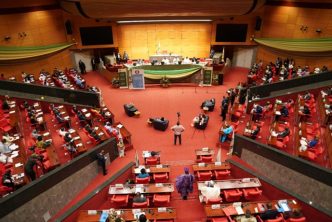
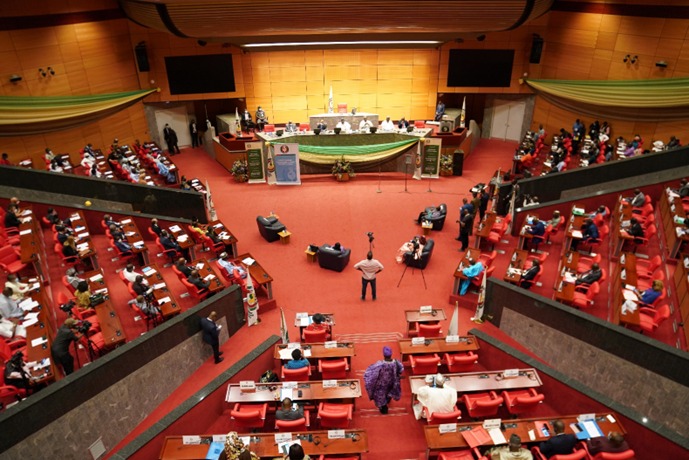
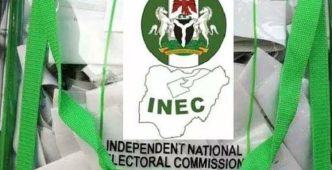
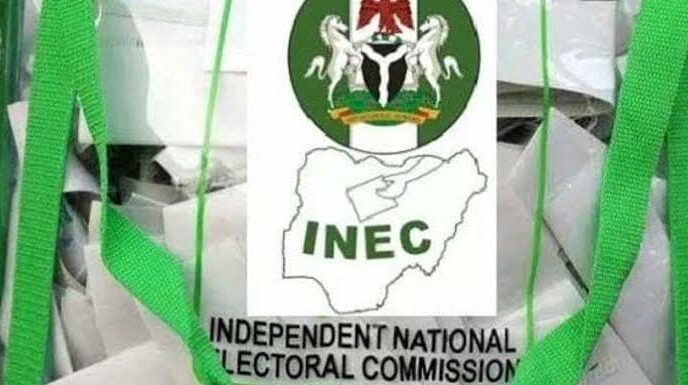
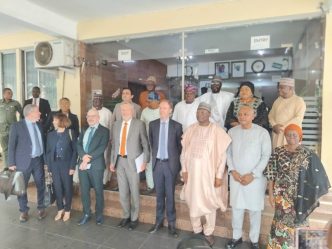
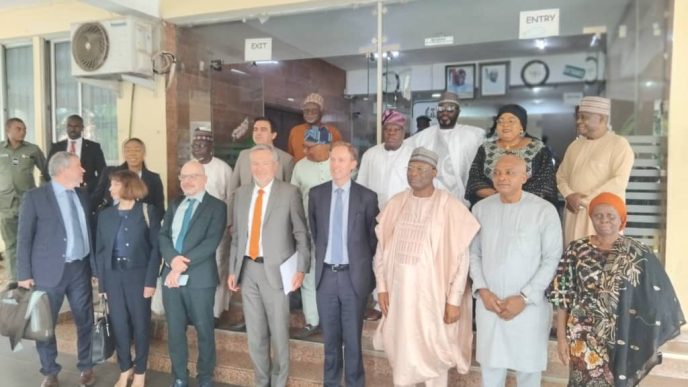
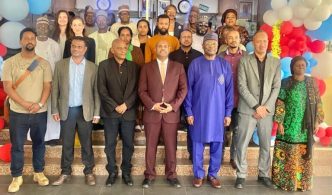
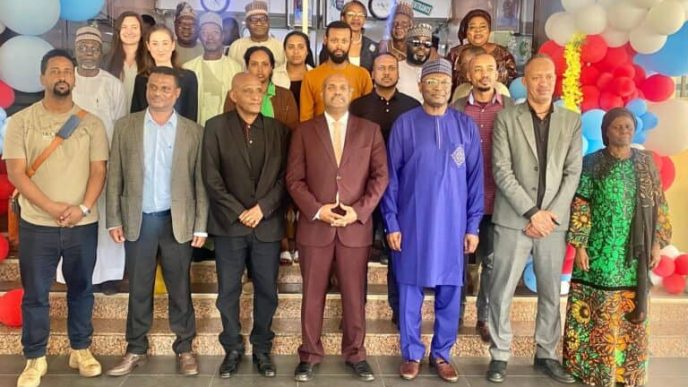

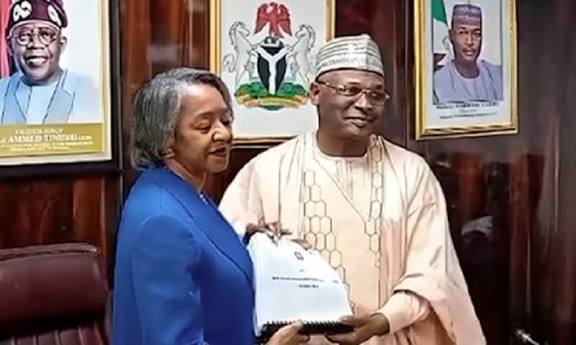
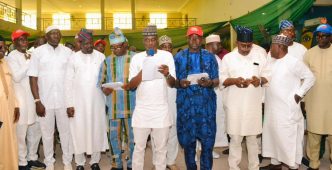
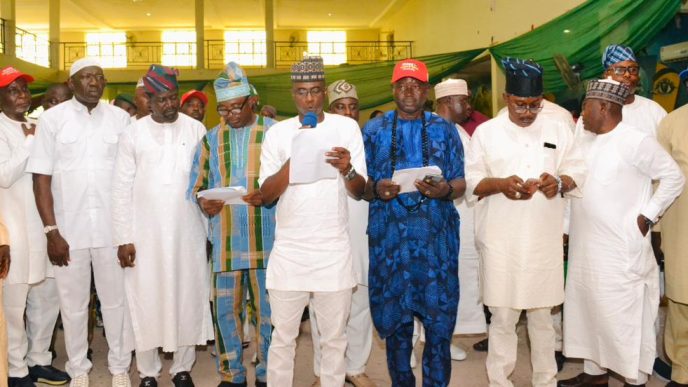
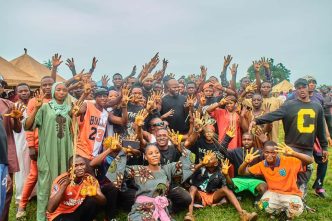
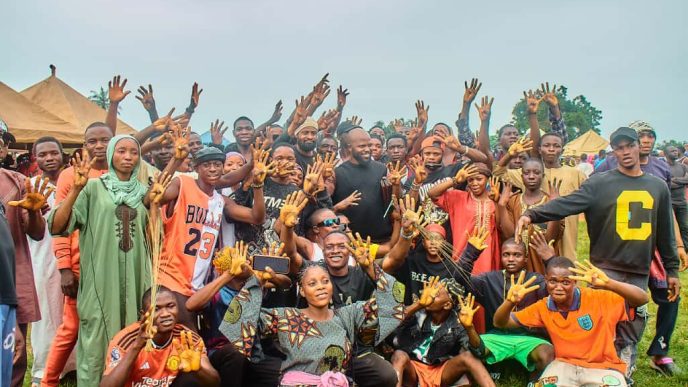
GIPHY App Key not set. Please check settings